The lowdown on low-carb diets
Ever since Atkins, most people think that cutting carbs is healthy and a great way to lose weight. According to a survey by the International Food Information Council Foundation, consumers rank sugar and carbs as the top reasons for weight gain—the highest ranking since 2011. Not surprisingly, diets that restrict carbohydrates, including ketogenic, paleo, and Whole30, are among the most popular in the country today. This makes recent research in the European Heart Journal linking the absence of carbs in the diet to an increased risk of an earlier death all the more shocking. Confused? You’re not alone.
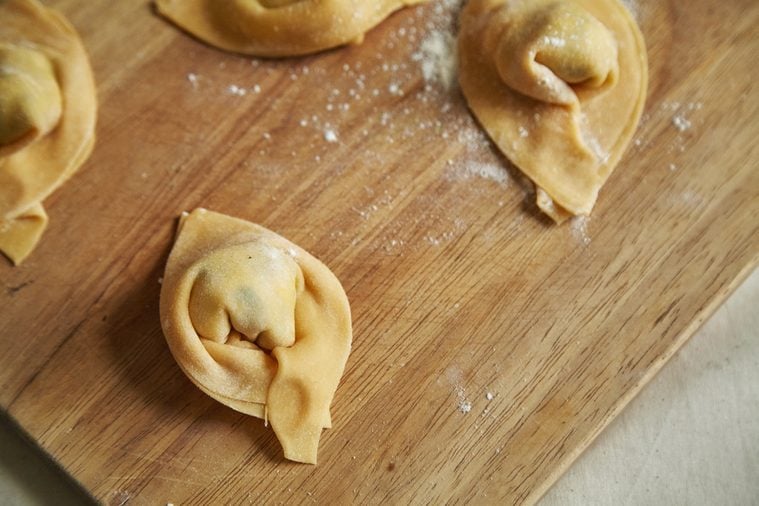
To carb—or not?
The research, which was presented at the annual meeting for the European Society of Cardiology, looked at data on 25,000 people over an 11-year span and found that individuals whose diets were lowest in carbs had a 32% higher risk of a premature death—including from heart disease and cancer—compared with those who ate a higher-carb diet. This wasn’t even the first finding of its kind: A separate study in The Lancet revealed that low-carb dieters—people who got less than 40% of their daily calories from carbs—had a higher mortality risk during the study than did moderate carb consumers whose diets were 50 to 55% carbs.
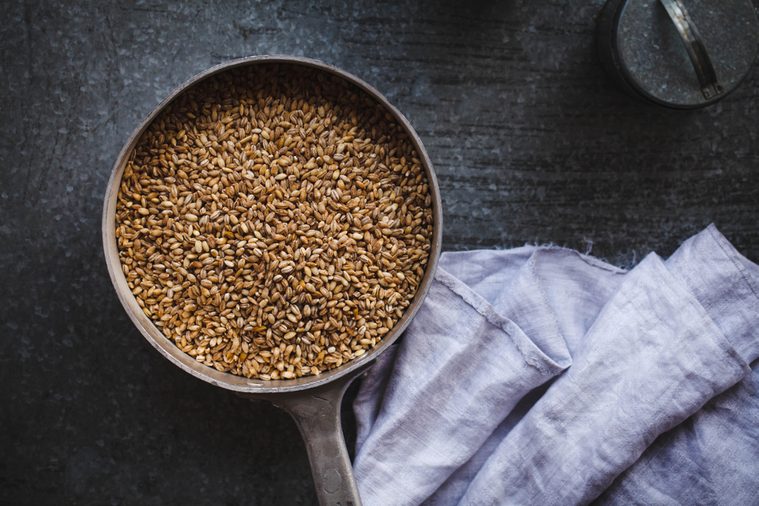
Not all carbs are created equal
Experts believe that the recent findings might have something to do with the kinds of carbs you’re eating and what you’re replacing them with. “The quality of the food on a low-carb diet matters,” says registered dietitian Julie Stefanski RD, a spokesperson for the Academy of Nutrition and Dietetics. “The effects of a menu of pork rinds and beef jerky can’t be directly compared to the impact of eggs with spinach and avocado.” But as more evidence of the long-term effects of these diets emerges, it’s good to bone up on some of the other effects that passing on the bread basket can have on your body.

You’re getting sleepy
“Carbohydrates are our number one source of energy,” says Gina Sam, MD, a New York City-based gastroenterologist. Compared with protein and fat, they are broken down most quickly into glucose, the stuff our bodies run on. So skimp on them and you might find yourself feeling lethargic.
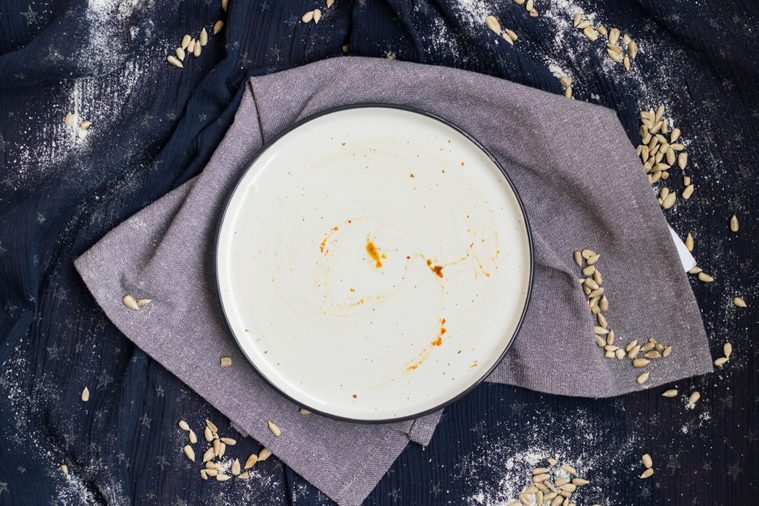
You may feel more full
Lots of people report feeling less hungry on low-carb diets despite eating fewer calories. Reason: If you’re eating high-quality sources of lean protein and healthy fats (the mono- and polyunsaturated kinds), your body takes longer to break down those nutrients than it takes with carbs. When you down a big bunch of carbs like a bagel, your pancreas dumps tons of insulin into your blood in response to the sudden carb glut. This can cause extreme blood sugar spikes and drops that can lead to sudden, intense hunger or cravings. Filling up on protein and fat helps keep your blood sugar levels steady. The problem, says registered dietitian Jessica Crandall, a certified diabetes educator, is that these kinds of diets are rarely sustainable, especially at extremes where you’re only eating 120 grams of carbohydrates or less a day.
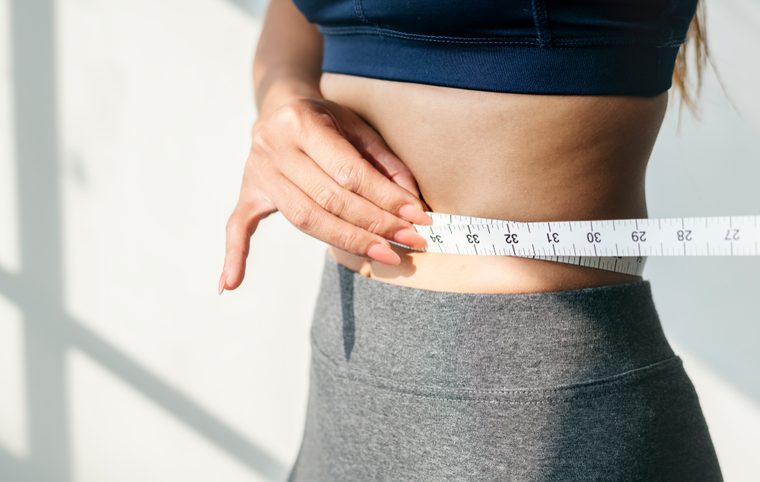
You may lose weight
People who stick to low-carb diets do tend to drop pounds—for a while, anyway. Some is water weight, says Crandall, and the rest comes from the fact that you’re decreasing the amounts of a significant source of calories in your diet. Carbs include grains, starchy vegetables, fruits, and sweets, and that makes up a lot of what we eat. But—insert sad trombone here—the weight will likely come back, she says. She regularly sees clients who lose 30 to 40 pounds on a low-carb plan, but when they come back in a year, they’ve regained 50.
What Is Your ‘Set Point Weight’? Here’s How To Gauge It—And Why a Doctor Says You’ll Want To

You may have morning breath—all day
Keto dieters may be familiar with this side effect: When you deny your body carbs for energy, it must burn fat in a process known as ketosis. Sounds good, but experts debate just how safe it is for long periods. And one odd outcome of ketosis is bad breath: A by-product of the process is the production of ketones, and they can put a sour note in your breath. Some people describe it as fruity or metallic or even like nail polish remover (acetone, the main ingredient, is a by-product of ketosis). Generally, the odor will subside as your body adjusts to the diet.
This Is the Easiest Way to Get Rid of Bad Breath, According to a Dentist

Your brain can get fuzzy
You may not realize it, but just thinking requires energy. “Your brain needs a minimum of 120 grams of carbs a day to function,” Crandall says. When you enter ketosis, you’re cutting off the main energy source for both your body and your brain. That can lead to dizziness, headaches, lightheadedness, and an inability to think clearly until your brain adjusts. Combined with the fatigue you feel, these symptoms are collectively known as the “keto flu.”
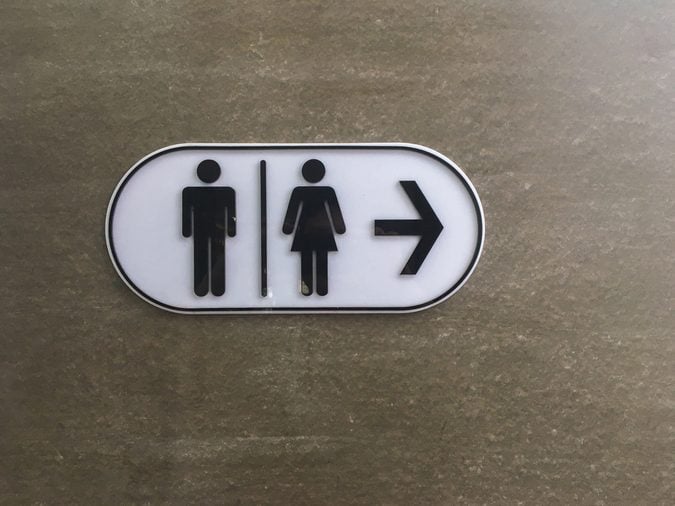
You can’t, um, go
“People tend to forget that some carbs can be a good source of fiber, and fiber helps move food through your digestive system,” says Dr. Sam. Not eating enough fiber can clog up the system, especially if you’re eating a lot of animal protein. You could find yourself constipated.
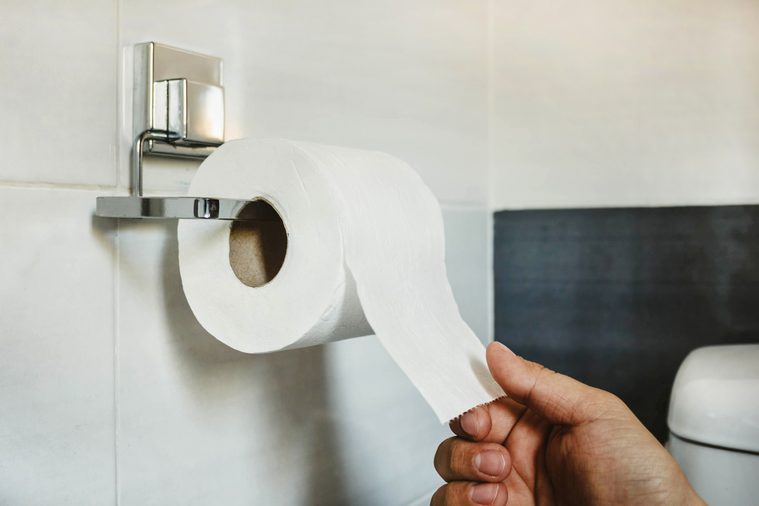
Or you can’t stop going
If you’re replacing all those carbs you cut out with fat, even healthy fat, it can have the opposite effect on your bathroom habits, according to Dr. Sam. “Some people may experience bloating, diarrhea, or excessive flatulence,” she says. Maintaining a balance of nutrients in your diet is critical.
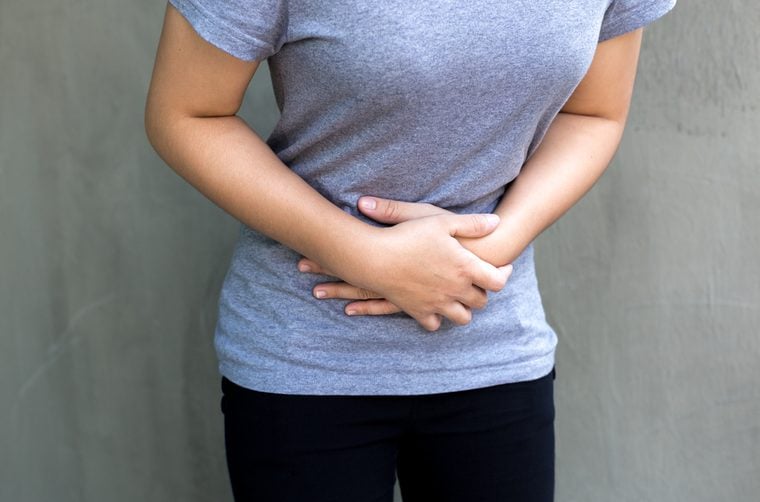
You might get indigestion
Watch for acid reflux, heartburn, and lots of belching when you up the fat quotient in your diet. “You have a valve called the lower esophageal sphincter, which prevents stomach acid from entering the esophagus,” says Dr. Sam. “Too much fat in your stomach can cause that sphincter to open, allowing acid to flow back up.”

Your workout could suffer
“You can perform without carbs,” says Crandall, who is also a personal trainer, “but you won’t perform as well.” Because carbohydrates are your body’s preferred energy source, forcing it to rely on fat for fuel will take extra effort. So if you’re looking to gain strength or improve your endurance time, getting enough carbs is essential.
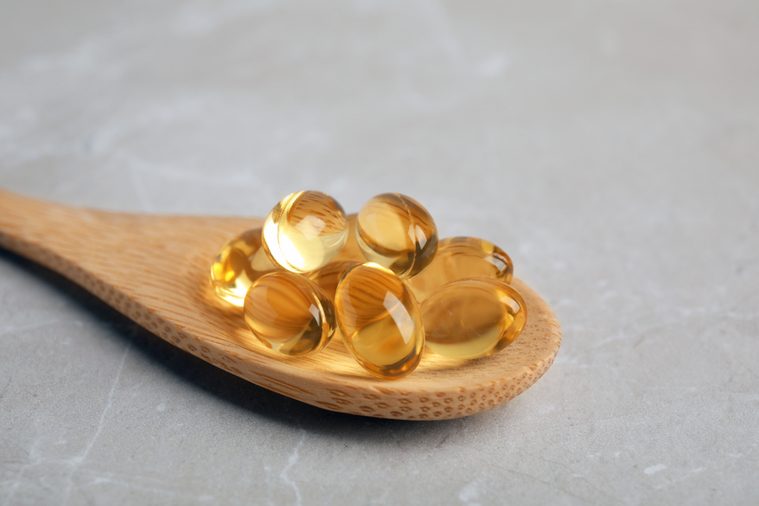
You could develop a vitamin deficiency
In extreme cases of carb-cutting, you may be skimping on the basic nutrients your body needs to function. Sure, sugar and refined grains are carbs, but so are whole grains and certain fruits and vegetables. Eliminating those foods entirely can make it tough to get vitamins B and C, antioxidants, and fiber, says Crandall. Research suggests that those nutrients can be a big help in preventing chronic conditions like cancer and heart disease. If you’re not mindful of getting your nutritional needs met in other ways—say, through supplements—cutting carbs could backfire in a big way. It’s always a good idea to talk to your health-care practitioner before you make any major diet decisions.
